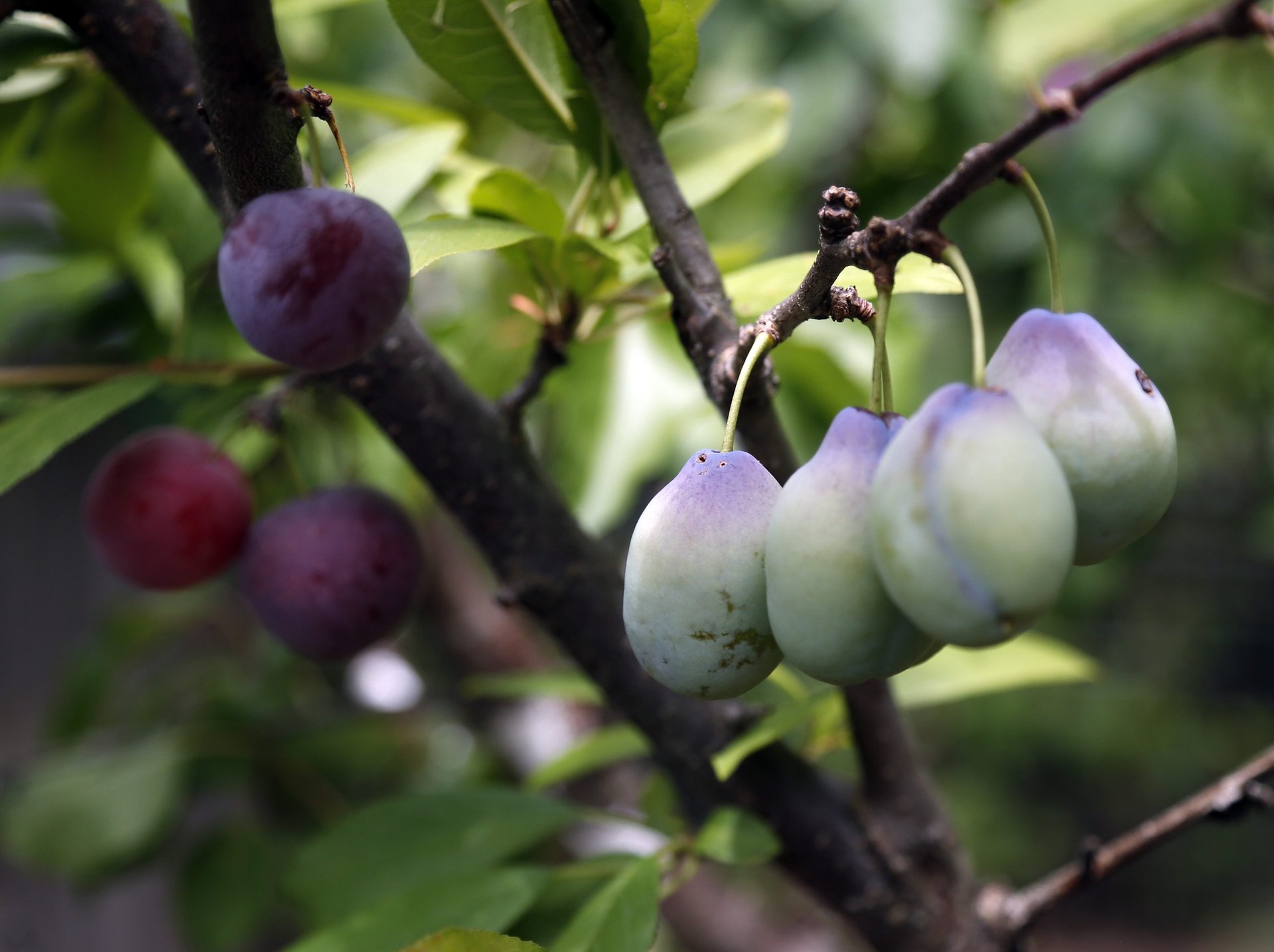This is just to say, the “plums that were in the icebox” meme is winning the internet
“This Is Just To Say,” a poem that is read in every American high school English class, is pretty close to perfect as an evocation of fleeting sensual pleasure:


“This Is Just To Say,” a poem that is read in every American high school English class, is pretty close to perfect as an evocation of fleeting sensual pleasure:
This Is Just To Say
I have eatenthe plums
that were in
the icebox
and whichyou were probably
saving
for breakfast
Forgive methey were delicious
so sweet
and so cold
Perhaps that perfection is the reason the 1938 poem, by the modernist William Carlos Williams, has been a long-running meme on Twitter—to hilarious and occasionally profound effect:
Compilations of “This is just to say” poetry abound. There’s even a bot that is often surprisingly poetic.
The poet apparently started the joke himself, in a poem that appears to have been inspired by a note from his wife, Flossie. “Plenty of bread in the bread-box / and butter and eggs / I didn’t know just what to / make for you. Several people / called up about office hours,” reads one stanza of this self-referential parody, unearthed and published in the Atlantic Monthly in 1982.
The latest iteration of the icebox plum meme reimagines the poem by mashing its themes and words up with popular song lyrics. Think of them as remixes of the greatest hits in poetry, hip hop, and pop music.
Lou Bega’s “Mambo No. 5”:
Weezer’s “Say It Ain’t So”:
Will Smith’s “Fresh Prince of Bel-Air”:
Memes come and go, but this one seems to have real longevity. Why?
For one thing the original poem is perfect for Twitter’s forced brevity, as Annie Lowrey notes in New York Magazine: It has only 149 characters, is elegantly constructed, and is recognizable to anyone who has taken an American English class.
Writer and professor Porochista Khakpour points out that it’s an “accessible” and “absurd” poem. ”It’s probably a poem many have had to memorize so there is a familiarity around it—and the success of memes comes from the idea of a collective understanding, a shared lexicon, even a union of ideals,” she explains. “We like it when we all are in on something and poetry, especially old canonical poetry, is always fun to pick at and play with.”
“Memes are built around earworms and simple buzzy things that you can’t unlearn once you’ve encountered them,” says Khakpour, who is herself prolific on social media. And the poem itself, she adds, “had a lot of charm originally because it feels like a ‘found object’—like an actual letter you’d leave someone you loved maybe? Its simplicity has moved people maybe. And it doesn’t feel like a poem-poem.”
The wildly successful phenomenon of “Instagram poetry,” shows social media is becoming a place where people actually read poetry—a promising development in a time when poetry readers overall are in decline. And while there is dispute in the literary world over author and Insta-famous poet Rupi Kaur’s accolades, she has already achieved one milestone of modern fame as a celebrated poet: Her first book, Milk and Honey, became a meme.